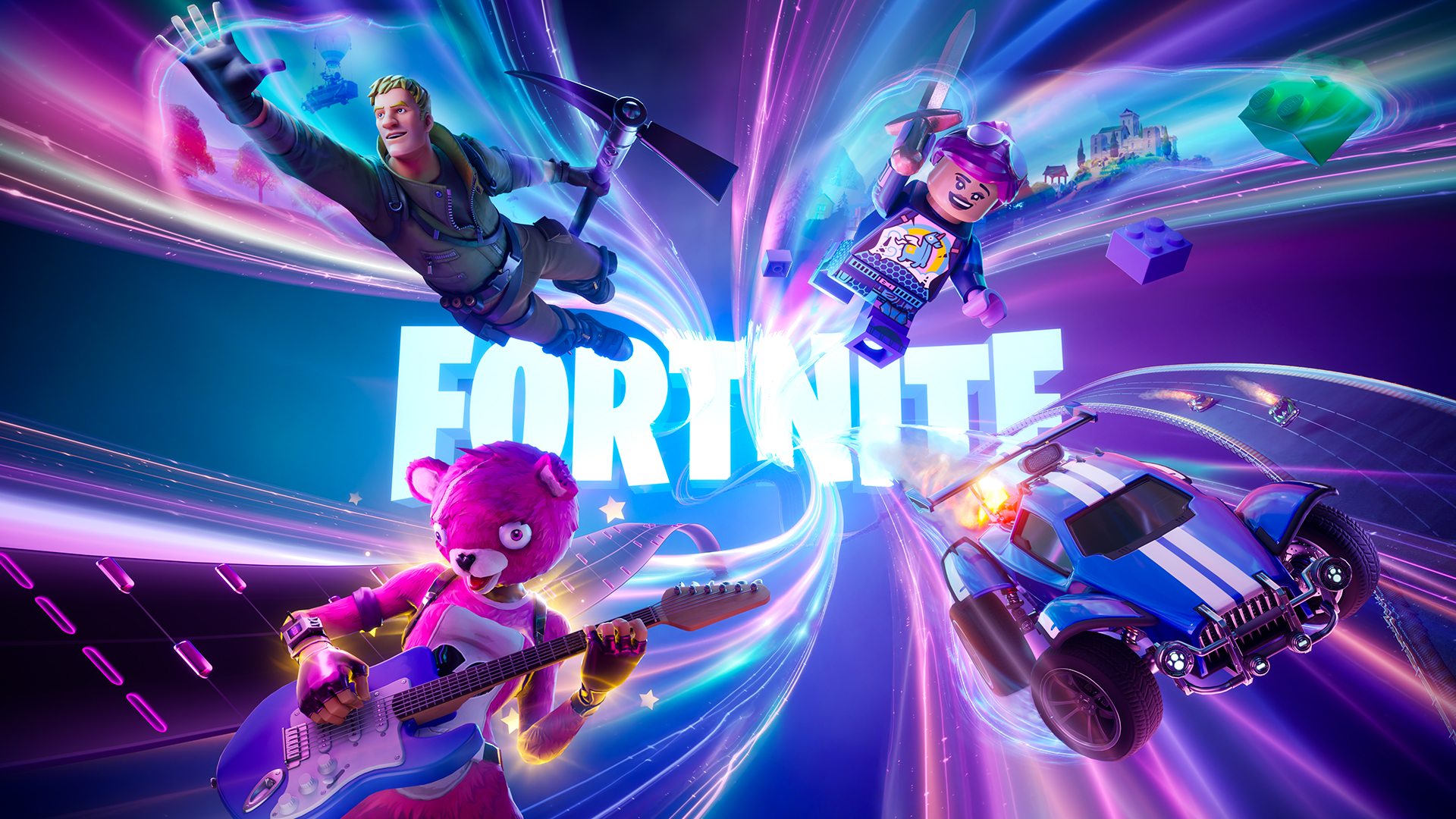I’m not sure exactly where to start with Fortnite, but I do know that Jean Baudrillard is whirling dervishly in his grave. This hugely popular ‘battle royale’ game has become a global obsession, with as many as 650 million players scrambling across its cartoonish island warzone. Players are dropped from the “Battle Bus” to skydive down to the surface of the island, where they must gather supplies and weapons with which to battle each other in a wild free-for-all where the last man standing takes home the prize. In the distance, a giant glowing dome gradually contracts, outside of which players quickly take damage and will die. Thus, the huge island map becomes progressively smaller as players are eliminated to force the survivors into closer proximity.
“Lebron James just grabbed the assault rifle – Oh! He’s been picked off at long range by Bruno Mars with a fantastic snipe shot.”
“Chewbacca is coming up on Batman, but James Hetfield has them both right where he wants them. BOOM!”
“Hank Hill just took out Sub-Zero and is going for the Salt Bae emote to add some extra flavor.”
— Some Fortnite stream broadcaster, somewhere.
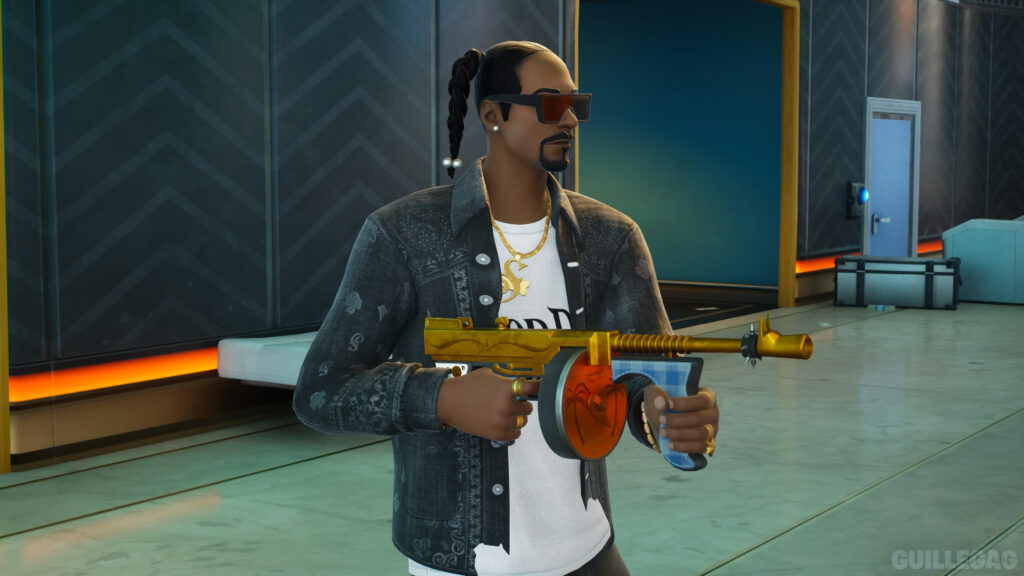
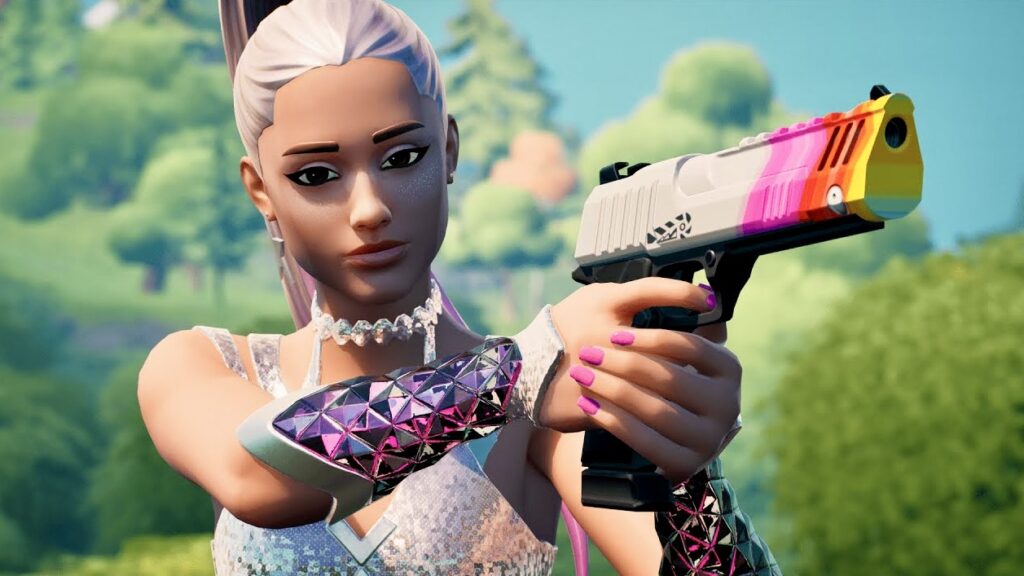
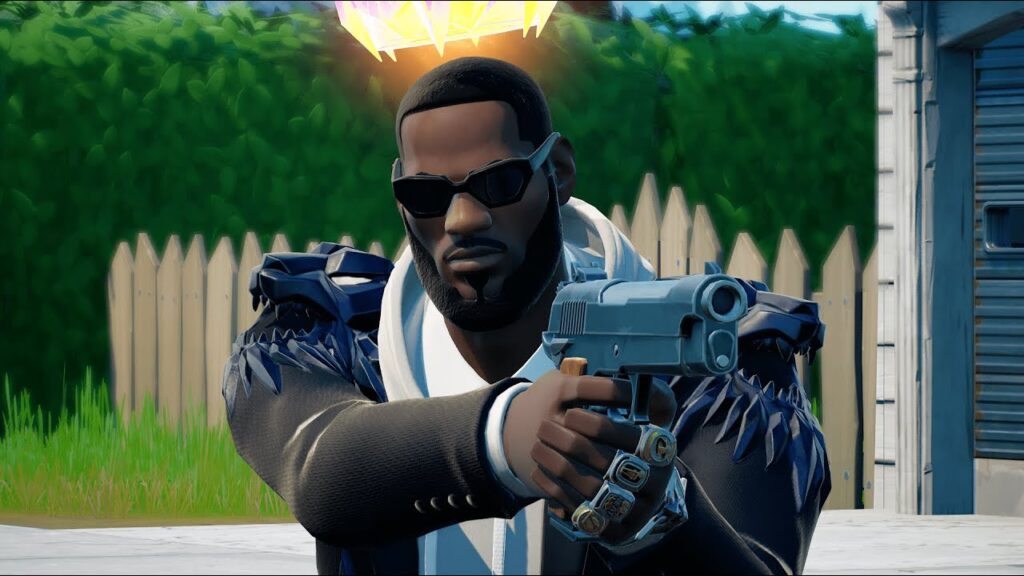
Fortnite is one of those rare games that has reached a critical mass that breaks through to the mainstream. On the order of Tetris, Minecraft, and World of Warcraft, Fortnite commands public attention like few videogames can claim. But Fortnite has also become a branding and marketing platform like nothing else.
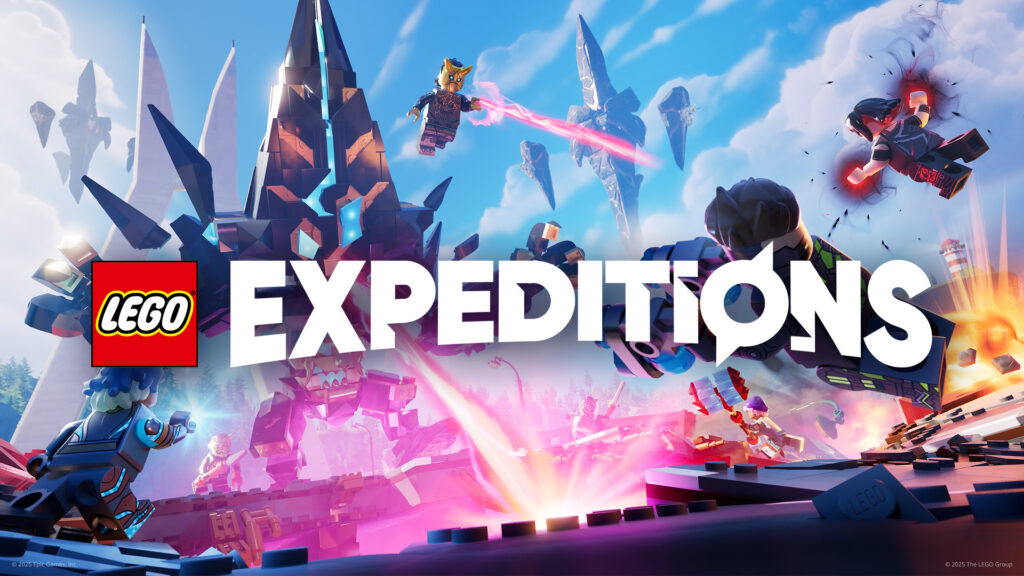
As a quintessential “live service game” Fortnite includes seemingly countless cosmetic customisations that players can attach to their in-game avatar. These include “emotes” – virtual depictions of physical expressions such as blowing a kiss, dancing the Macarena, or the “Salt Bae” sprinkling for example. The most obvious of these however, are the “skins” which are something like costumes applied to the player’s avatar to change their appearance completely.
Fortnite skins are absurd. Literally. In what world, fictional or corporate, does it make sense to create an immediately recognizable digital version of a celebrity such as Lebron James, Bruno Mars, Lionel Messi, or the entire Metallica lineup, so they can pick up assault rifles and shoot at each other? How do brand managers and agents tolerate this stuff?
Why can Batman use guns in Fortnite, but not in the comics? How do we explain Omni-Man or Invincible dying to mere small-arms fire? What are we thinking, as a society, by creating a Snoop Dogg avatar and handing him a gun in a cartoonish game for kids? Does it not mean anything to portray a Black rapper as a violent, gun-toting caricature in a videogame?
And what very stable genius thought this was a good idea?

